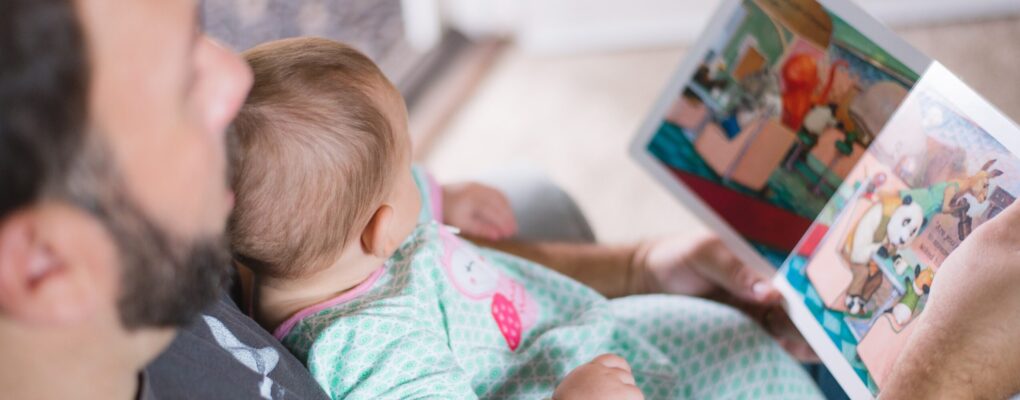
The answer is simple: as soon as possible. Donor conceived people (DCP) need to know the truth about their conception from birth, or at the very least, prior to age 3.
According to research of adoptees, adults who learned about their origins after the age of three suffer greater emotional distress and overall lower life satisfaction than those who learned their story younger. In fact, the older adoptees were when their status was disclosed, the greater the level of distress they were likely to experience. An opinion from the American Society for Reproductive Medicine Ethics Committee recognizes the benefits of telling young donor conceived children their origin story, noting “children who are told when they are young respond neutrally, with curiosity, or pleasure, rather than distress” while “[l]ate disclosure, during adolescence or adulthood, has been associated with negative feelings of confusion, betrayal, distrust, and anger among offspring.”
Secrecy breeds shame and anxiety. When parents of donor conceived children wait for a “right time” to tell, they have already missed it. Indeed, at least one study has shown that parents who delay telling their children they were conceived with donor gametes experience more discomfort with the disclosure process than those who are open and honest from the beginning.
Before your child is born, you can practice the conversation, making it a natural part of a story you will continue telling once they arrive. There are books written for children to explain donor conception in age-appropriate language. You could also create your own book containing your family’s unique story and include information about the donor.
However you choose to share the information, remember that it should be an ongoing conversation. Your child’s genetic identity is an important topic, and openly discussing the subject demonstrates self confidence and respect for your child. The more you talk about it, the more comfortable you will become.
If you need additional support to help guide you through the disclosure process—particularly if you have an older child who is still unaware that they are donor conceived—there are experienced counselors who can help. Take a look at our resource page for more information.
Additional Reading
Linda D. Applegarth et al., Parental disclosure to offspring created with oocyte donation: intentions versus reality, Human Reproduction, Vol. 31, Issue 8, p. 1809-15 (2016).
Joyce C.Harper et al., Telling donor-conceived children about their conception: Evaluation of the use of the Donor Conception Network children’s books, Reproductive Biomedicine & Society Online, Vol. 14, March 2022, p. 1-7 (2022).
Patricia E. Hershberger et al., Parents’ experiences telling children conceived by gamete and embryo donation about their genetic origins, Fertility & Sterility, Vol. 2, Issue 4, p. 479-86 (2021).
